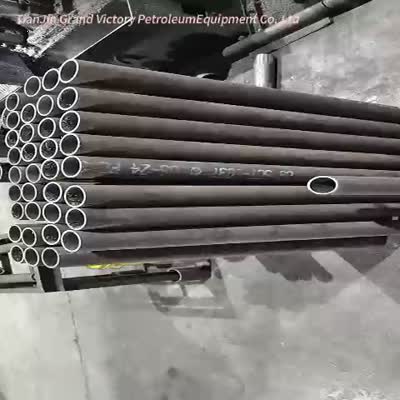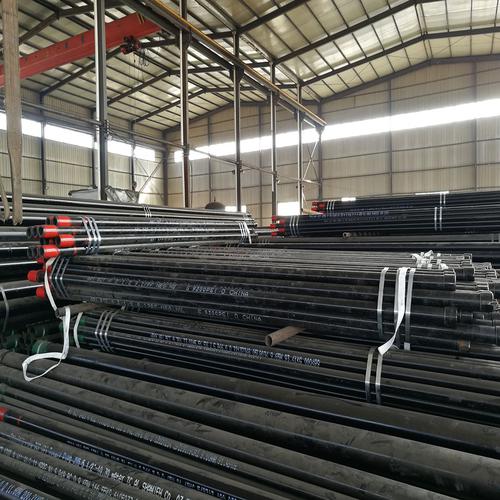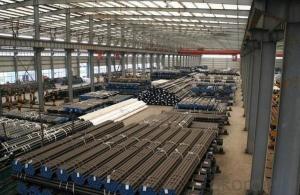Oil Tubing: J55, N80, P110 Yield Strength, Bulk Discounts
- Loading Port:
- Tianjin
- Payment Terms:
- TT OR LC
- Min Order Qty:
- 1 m.t.
- Supply Capability:
- 1200 m.t./month
OKorder Service Pledge
OKorder Financial Service
You Might Also Like
Specification
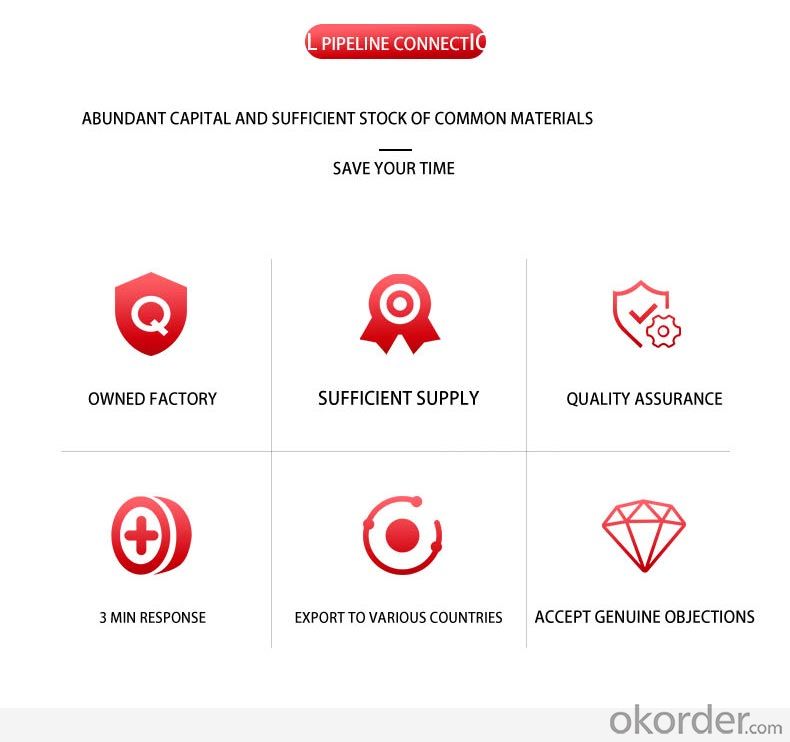
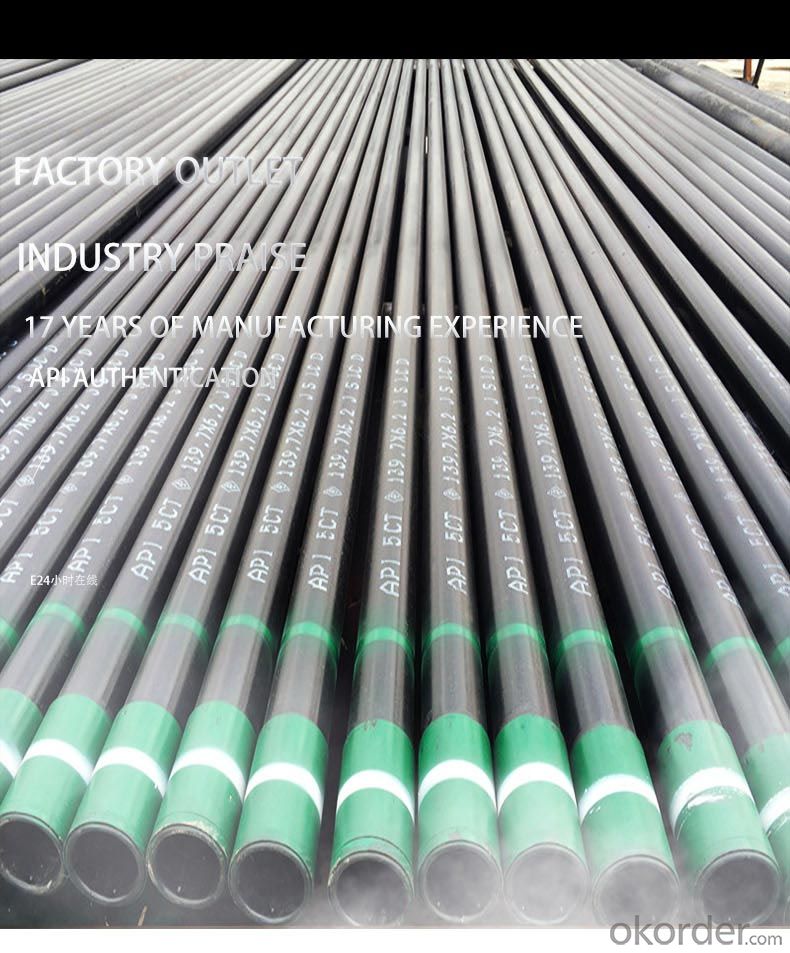
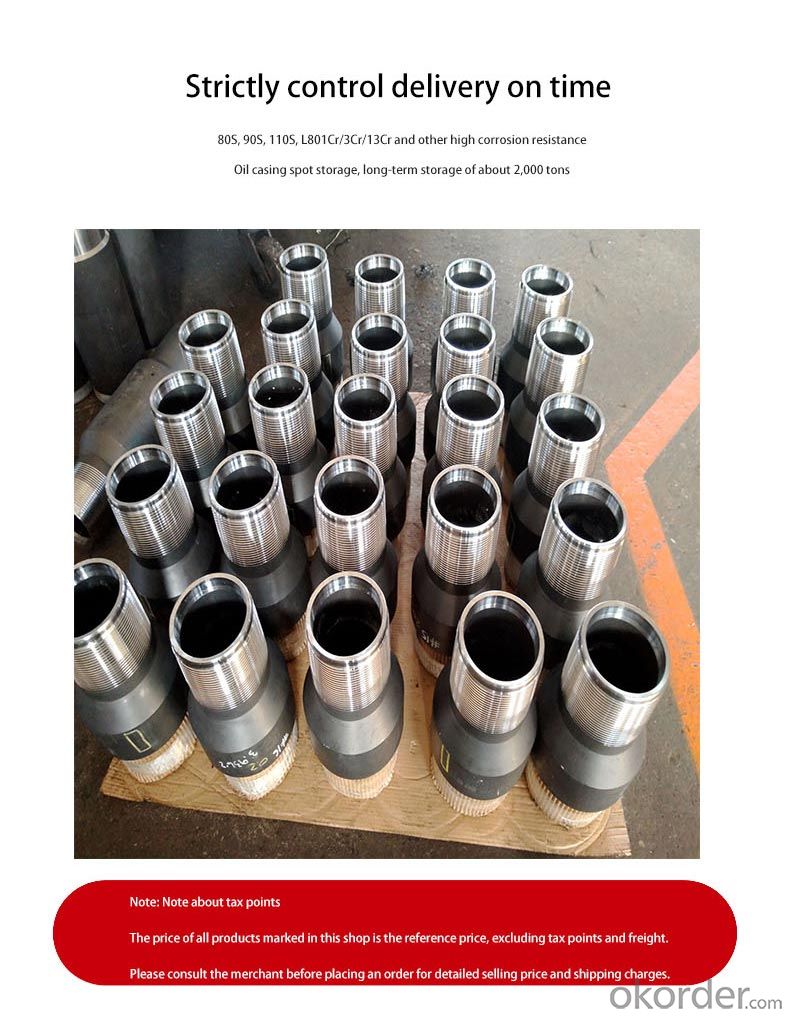
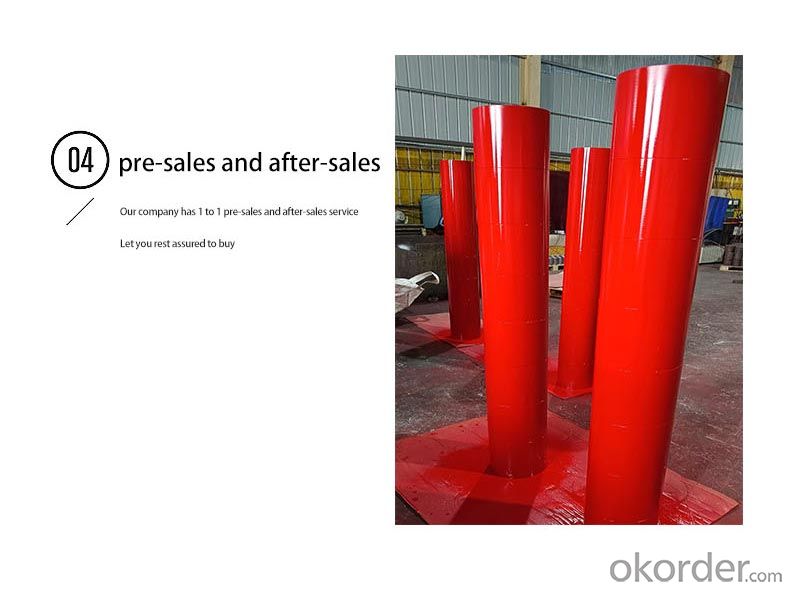
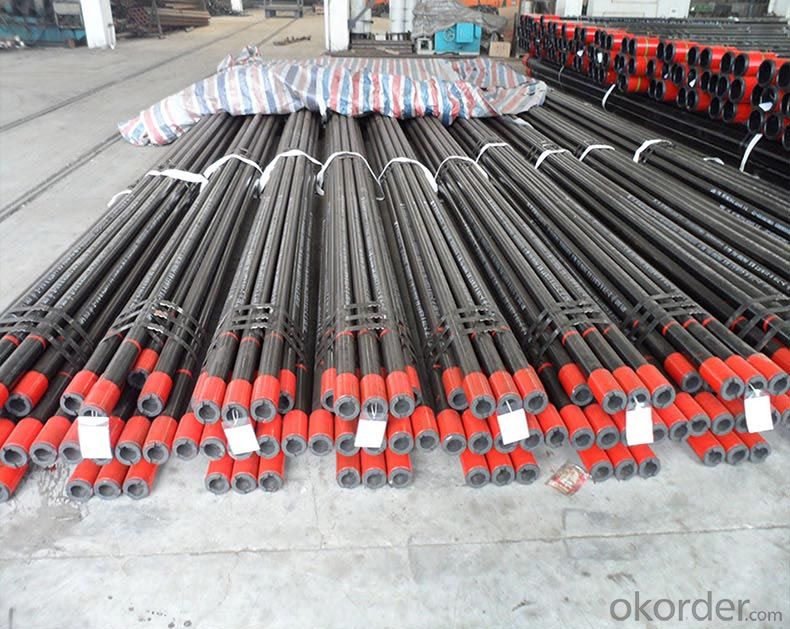
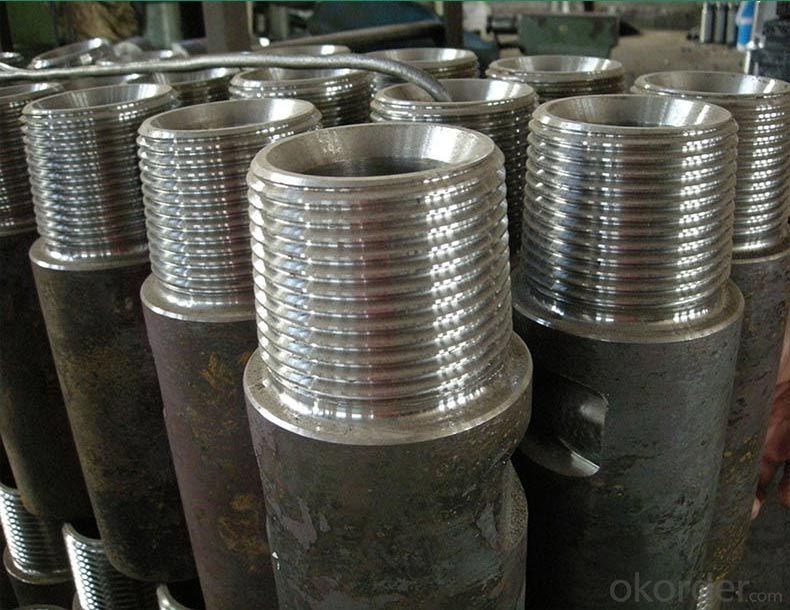
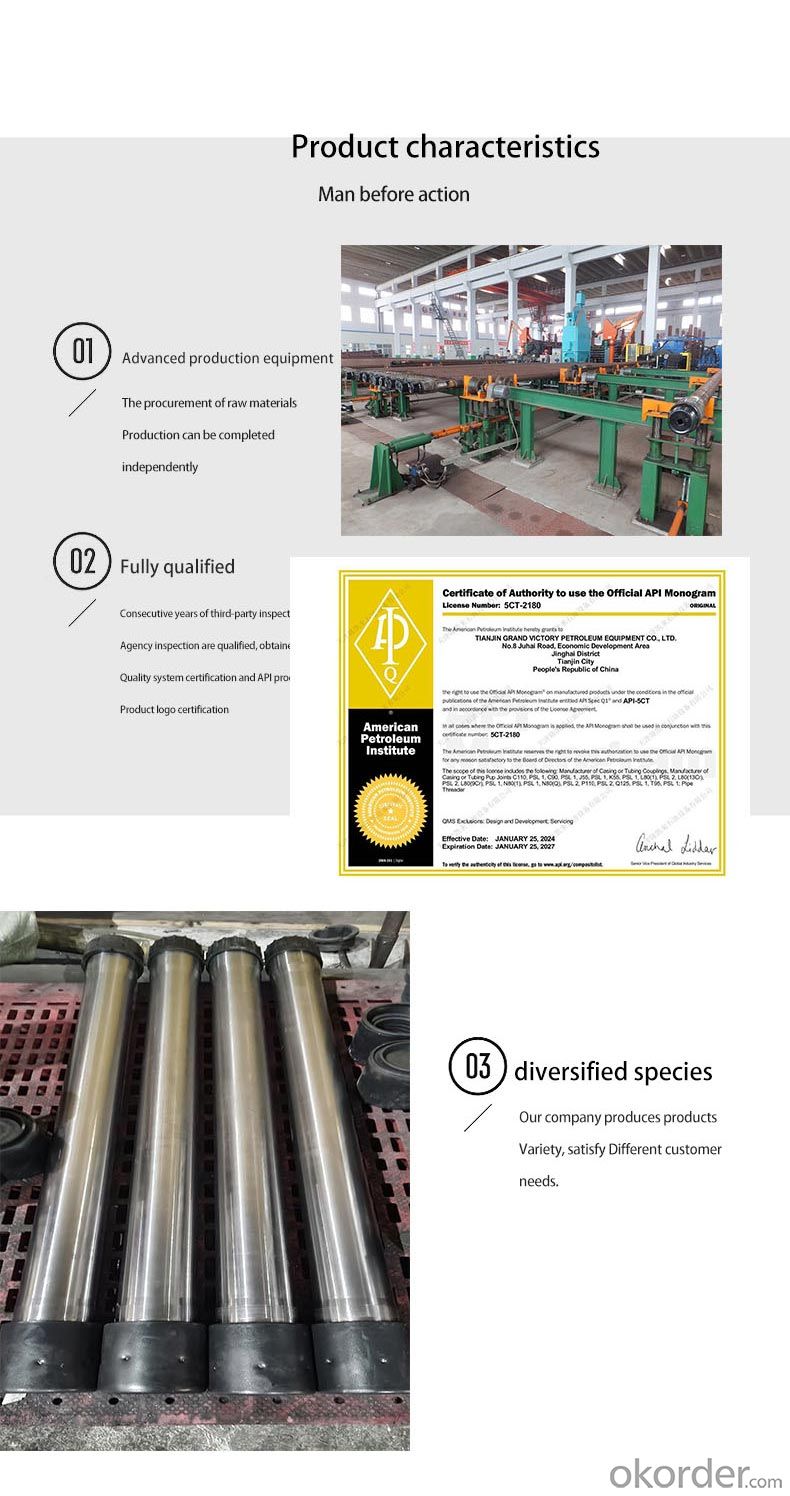
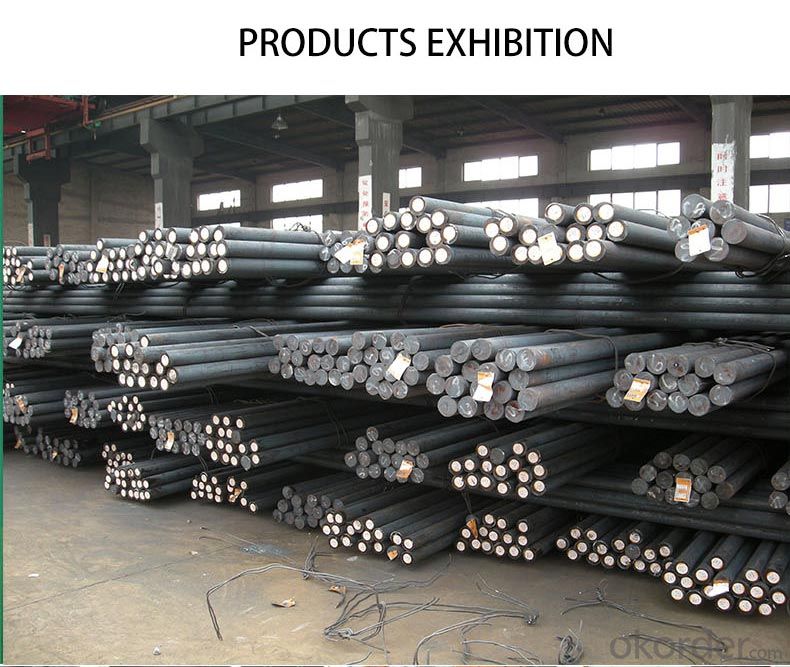
API 5CT J55/N80/P110 OCTG Casing & Tubing Manufacturer Direct
Comprehensive OCTG Solutions for Every Well Profile
As an API-licensed manufacturer, we eliminate intermediaries to deliver J55/N80/P110 casing and tubing with 15% cost savings. Our vertically integrated production process ensures full traceability from steel billet to finished product.
Technical Specifications
Material Science:
J55: 0.45% Mn, 0.25% C composition for shallow wells (≤8,000ft TVD)
N80: Quenched & tempered microstructure withstands 12,000psi collapse pressure
P110: 110ksi SMYS with Charpy V-notch impact ≥45J at -20°C
Threading Technology:
CNC-machined API LTC/BTC threads with ±0.003" pitch diameter tolerance
Optional VAM TOP connections for HPHT wells
Quality Assurance:
100% ultrasonic testing (UT) for laminations
Hydrostatic tested to 80% of yield strength
Applications
J55: Water injection wells, surface casing
N80: Intermediate casing in sour gas fields
P110: Production casing in 15,000psi reservoirs
Case Study
A Permian Basin operator reduced casing costs by 18% using our direct-shipment P110 casing for 35 horizontal wells, achieving 95% torque-turn compliance during running
- Q: What is the purpose of a steel pipe coating?
- The purpose of a steel pipe coating is to provide protection to the pipe from corrosion and other environmental factors that can lead to deterioration. Coating the pipe with a layer of material helps to create a barrier between the steel and the surrounding environment, preventing direct contact and reducing the risk of corrosion. This is especially important for pipes that are used in industries such as oil and gas, water distribution, and construction, where they are exposed to harsh conditions such as moisture, chemicals, and extreme temperatures. The coating also helps to enhance the durability and longevity of the pipe, ensuring that it can withstand the demands of its intended application. Additionally, certain types of pipe coatings can also provide insulation properties, preventing heat loss or transfer in applications where temperature control is critical. Overall, the purpose of a steel pipe coating is to protect the pipe, extend its lifespan, and ensure its optimal performance in various industries and environments.
- Q: Are steel pipes affected by UV rays?
- Yes, steel pipes can be affected by UV rays. Exposure to UV rays can cause the steel to degrade and corrode over time. Therefore, it is important to protect steel pipes from direct sunlight and UV radiation to prolong their lifespan and maintain their structural integrity.
- Q: How are steel pipes used in the manufacturing of power plants?
- Steel pipes are extensively used in the manufacturing of power plants for various applications such as transporting water, steam, and other fluids, as well as for structural purposes. They are commonly used for the construction of boiler tubes, heat exchangers, condensers, and steam distribution systems. Additionally, steel pipes are essential for conveying fuel gases and air in power plants, ensuring efficient operation and safety.
- Q: Can steel pipes be bent or curved?
- Yes, steel pipes can be bent or curved using specialized equipment and techniques such as pipe bending machines or hydraulic bending.
- Q: Stainless steel tube, also known as why tube?
- It can be divided into round tube and special-shaped tube according to the cross sectional shapeThe special-shaped tube has a rectangular tube, a rhombus tube, an elliptical tube, six square tubes, eight square tubes, various cross section asymmetric pipes, etc.
- Q: What is the role of steel pipes in the transportation of water?
- Steel pipes play a crucial role in the transportation of water due to their durability and strength. They are widely used in various water supply systems, including municipal water distribution networks, irrigation systems, and industrial water transportation. One of the main advantages of steel pipes is their ability to withstand high pressure and provide a reliable conduit for the transportation of water over long distances. The strength of steel allows for the construction of pipelines with larger diameters, enabling the efficient movement of large volumes of water. Steel pipes are also highly resistant to corrosion, which is essential when transporting water that may contain various minerals, chemicals, or contaminants. The corrosion-resistant properties of steel pipes ensure the water quality remains uncompromised throughout the transportation process. Moreover, steel pipes offer excellent structural integrity, making them suitable for underground and above-ground installations. They can withstand extreme weather conditions, seismic activity, and heavy loads, ensuring the longevity and reliability of the water transportation system. In addition to their strength and durability, steel pipes are also easy to install and maintain. They can be welded together, allowing for a seamless pipeline with minimal leakage points. Regular inspections and maintenance can help identify any potential issues or damages, ensuring the uninterrupted flow of water. Overall, steel pipes play a vital role in the transportation of water by providing a robust and reliable conduit. Their ability to withstand high pressure, resist corrosion, and maintain water quality makes them an ideal choice for various water supply systems, contributing to the efficient and sustainable distribution of water resources.
- Q: How can galvanized steel pipe be connected with stainless steel pipe?
- Welding methods are used to connect. Because galvanized pipe is in fact carbon steel pipe, so galvanized pipe and stainless steel pipe welding, in fact, carbon steel and stainless steel welding, welding of dissimilar materials.
- Q: Can steel pipes be used in marine environments?
- Indeed, the usage of steel pipes is viable in marine environments. Steel, being a robust and sturdy material, possesses the capability to endure the severe conditions prevalent in marine surroundings, encompassing saltwater exposure, wave impacts, and corrosion. Nevertheless, it is imperative to meticulously choose the appropriate steel variant and implement suitable protective measures to avert corrosion. Stainless steel and corrosion-resistant alloys are often employed in marine applications due to their exceptional resistance against corrosion and ability to withstand continuous saltwater exposure. Furthermore, the application of coatings such as epoxy or zinc can be an effective means of fortifying steel pipes against corrosion. Consistent maintenance and inspections are also pivotal in ensuring the durability and functionality of steel pipes in marine settings.
- Q: What is the abrasion resistance of steel pipes?
- The abrasion resistance of steel pipes is relatively high. Steel is known for its strength and durability, making it resistant to wear and tear caused by friction and impact. This characteristic makes steel pipes an excellent choice for industries and applications where abrasion is a common concern, such as mining, oil and gas, and transportation of abrasive materials. Additionally, steel pipes can be further enhanced with coatings or linings to provide even greater abrasion resistance, depending on the specific requirements of the application. Overall, steel pipes offer a reliable and long-lasting solution for handling abrasive substances and environments.
- Q: What does carbon seamless steel pipe mean? What is the difference between a seamless 20# and an ordinary one? What is it used in detail?
- Carbon steel is actually relative to alloy steel, mainly carbon content, and 20# seamless steel is carbon steel! In addition, there are stainless steel, stainless steel is considered a kind of alloy steel, but the processing is not the same, the performance is not the same, good looking outside!The description of the material in alloy steel is actually the content of the metal elements in the steel (usually the percentage number).
Send your message to us
Oil Tubing: J55, N80, P110 Yield Strength, Bulk Discounts
- Loading Port:
- Tianjin
- Payment Terms:
- TT OR LC
- Min Order Qty:
- 1 m.t.
- Supply Capability:
- 1200 m.t./month
OKorder Service Pledge
OKorder Financial Service
Similar products
Hot products
Related keywords
